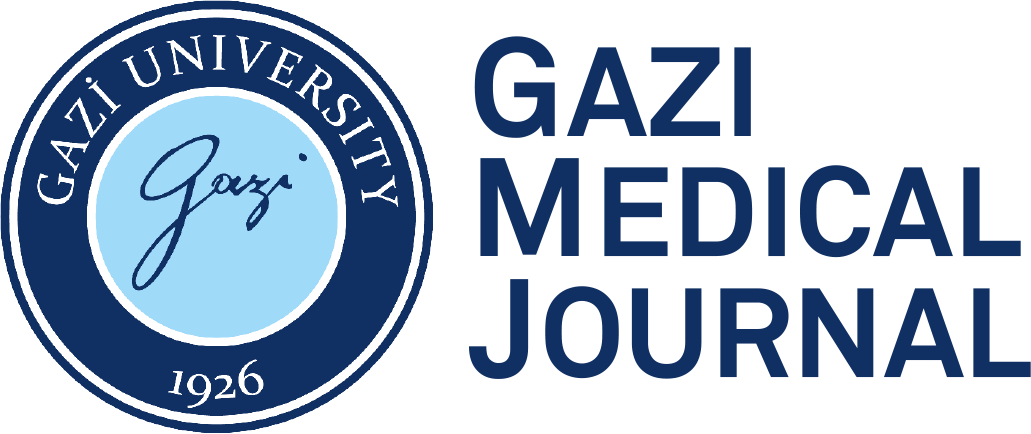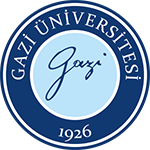ABSTRACT
Purpose:
To evaluate the first Advanced Cardiac Life Support (ACLS) course organized by the Continuing Medical Education Council (CMEC) of Gazi University Faculty of Medicine (GUFM) and improve the next course programme, if necessary, according to the feedback.
Materials and Methods:
Seventyfive residents working at GUFM were invited to participate in the course. In order to investigate the contribution of this course, the participants’ exam results before and after the course were evaluated out of 100 and compared. The adequacy of the content and the duration of the course programme, the instructors’ communication skills, physical conditions and an overall evaluation of the course programme were assessed according to the Likert Scale through feedback.
Results:
Of the 52 participants, the content and duration of the course programme, and physical conditions were considered sufficient by 59.6%, 36.5% and 52.9%, respectively. Communication skills of the instructors were found to be very sufficient (52.9%), while the overall evaluation of the course programme was sufficient (61.5%). The results of the exams given before (53.3 ± 12.9) and after the course (74.9 ± 10.3) showed a statistically significant difference (p<0.001).
Conclusion:
The improvement in the results of the exams taken after the course indicated that the ACLS knowledge of the residents had been augmented. It is concluded that the planning of the next course according to the feedback received would be more appropriate.



